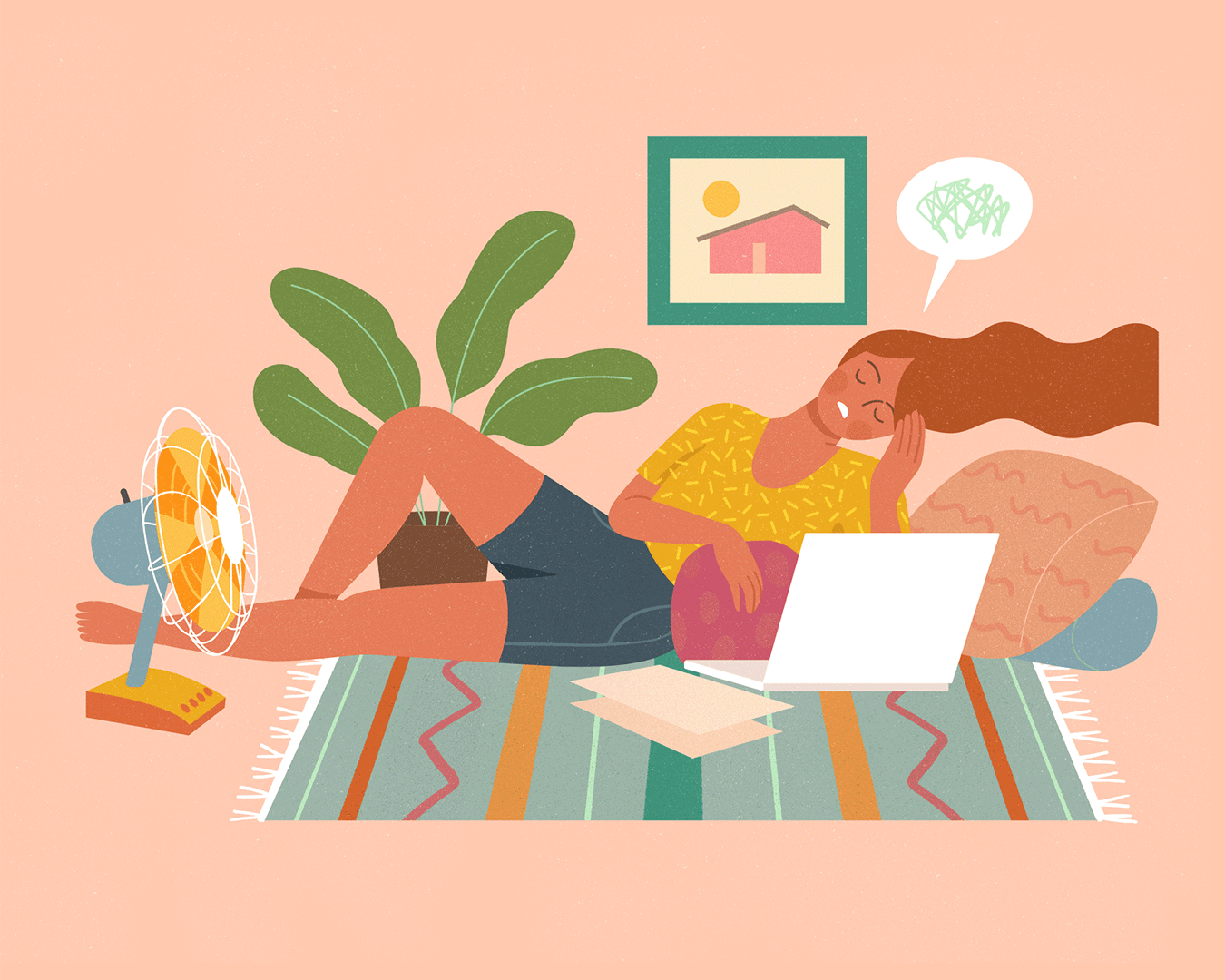At first, you’re just tired. Left unattended, that could lead to a slow descent of telltale signs that include irritability, pessimism and lack of effort. Before you know it, you’re physically, mentally and emotionally drained. You’re not just tired anymore—you’re burned out.
We’re no strangers to burnout, as it is often caused by long-term stress. Given the state the world is in, it’s not surprising that some (or many) of us have gone through it—after all, the world we once knew feels like a distant memory. In the time of the pandemic, despite some improvements, the only thing we can be certain of is that we are still in a state of uncertainty. These days, the mood is: you want to, you just don’t have it in you.
Like we said, we’re no strangers to the feeling. And so we sat down and came up with some basic tips that we found worked when dealing with burnout, so that you could deal with it too.
Create Work-Life Boundaries
Most of the population is used to the traditional office environment. Because of the pandemic, all of a sudden the common setup is your work area planted just a few inches away from where you sleep. Sure, you don’t have to worry about commuting or your wardrobe (unless there’s an upcoming Zoom call).
The downside, though, is finding a way to separate work and your personal life. Often you find your bed doubles as a place of rest, and a workstation. It’s best to create a barrier—find an area you can utilize as a place to work, and establish a work-from-home routine. Define your hours and inform your boss, then find a way to stick to it. This way, you won’t be answering emails on your phone while spending time with your family, and you’ll get the feeling of “leaving work,” even if it’s just stepping away from your desk.
Take Care of Yourself
Time can get away from you when you’re preoccupied. People have been talking about self-care a lot lately, but it’s worth repeating—don’t forget to prioritize your health and well-being. Eat well and stay active in order to combat stress.
Taking care of yourself also means acknowledging that you need to take a beat. Take sleep and rest, for instance—they’re totally different. Just because you’ve slept more than five hours, it’s not guaranteed that you’ll wake up feeling rested. Beyond sleep, there are plenty of ways to recharge, including taking a mental health break by shutting off your phone or letting your creative juices flow by painting.
Unplug From the World
Even if it’s just for a few hours, laying off the internet makes a difference. It may keep us updated on the latest news, and serves as a tool that connects us to our friends and family—but it could also be a place where toxicity runs rampant. It’s loaded with information (some we’re not even sure is real), and people with plenty of time on their hands are playing judge, jury and executioner.
Its negativity can rub off on you without you realizing it. Disconnect from the chaos that goes on in the web, and make use of your time by focusing on what’s more important in your life, like your peace of mind.
Check-in With Your Circles
We all have our rough periods. Another way to take care of yourself is also talking about how you’re feeling. A quick catch-up with your favorite people helps a great deal, and is one of the best ways to decompress. For all you know, they’ve also been itching to talk to someone about what they’re up to, and how they’ve been feeling.
It’s important to remember that no one’s job or situation is more valuable or more stressful than the other. No matter what we do, we all have our stories. Make time for friends who will listen to your stories—just make sure you listen to theirs, too.
Be Kind to Yourself
Between worrying about the bills, job security, your workload piling up, the sudden thrust into the work-from-home setup, plus your health and safety, as well as the safety of your family and friends—all this can be a lot to juggle.
Let’s face it, we are our own worst critics, and each day poses a new challenge. The last thing we need is self-doubt and self-loathing creeping in. Whatever goal you have for the day (or don’t have), focus on the little wins, and don’t beat yourself up over something that’s beyond your control.
Be realistic too. if you don’t feel like doing anything, you don’t have to. That’s not being lazy—that’s you knowing how to prioritize yourself, and there’s nothing wrong with that.



2 thoughts on “Burnout is Our Constant Companion. How Do We Deal With It?”